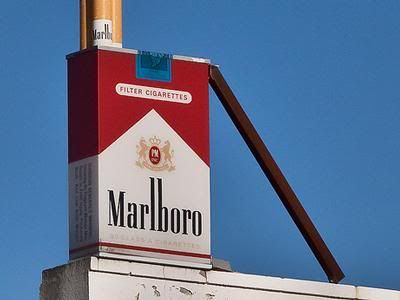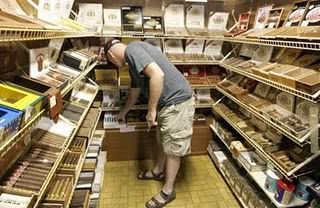
A landmark rural community project builds on work to identify and address the risks posed by
British American Tobacco’s leaf-growing operations and to look at improvements beyond day-to-day business.
Tobacco leaf farming in Lombok, Indonesia, was not only contributing to deforestation but also to declining water supply on the island.
But a landmark restoration project is being developed which will benefit the whole rural community, thanks to a partnership between British American Tobacco (BAT), the Earthwatch Institute, Fauna & Flora International and the Tropical Biology Association.
This is one example of how the four-member British American Tobacco biodiversity partnership is working with stakeholders and communities across the world to study ecosystems and sustainability risks.
In 2007, the partnership developed a tool to identify, assess and address risks posed by BAT’s leaf-growing operations.
Called Broa (Biodiversity Risk and Opportunity Assessment), the tool encourages BAT staff to work with local experts to look carefully at supply chain operations from a much wider perspective than a simple day-to-day business viewpoint.
Following trials in Indonesia and Uganda in 2008, it was decided to make Broa mandatory across BAT’s global leaf-growing locations and by 2010 all 19 had completed assessments and agreed actions plans.
As far as the
tobacco giant is aware, it is the only international company to have assessed biodiversity risks across all operations and so built a strategy to tackle key issues worldwide.
And those issues are wide-ranging – both business-specific in terms of the supply chain, and more generic in terms of agriculture and sustainability.
Tobacco is often grown alongside other crops and it soon became apparent that Broa would reveal just how dependent
tobacco growing is on other systems – such as water supply.
Specific issues included reduced irrigation flow resulting from deforestation, reduced water quality, lower ground water tables, unsustainably-sourced fuel wood and problems of over-farming.
BAT describes Broa’s aims as “open-ended”, with an agenda for change and better engagement with a range of stakeholders, both global and local.
At a local level, working with stakeholders and conservation experts enables the company to carry out rigorous assessments. Equally, it helps build confidence among communities and encourages partnerships to work together on solutions.
In some cases, Broa is raising awareness of wider sustainability issues and stimulating projects that go far beyond the supply chain concerns of BAT.
Examples include a “green corridor” project in the Araucaria forest of southern Brazil; sustainable forest management and freshwater protection in Uganda; and research on returning eucalyptus plantations to native forests in Sri Lanka and Chile.
Another important outcome has been the raised awareness and understanding within BAT, involving Earthwatch employee fellowships and online training for managers.
The biodiversity partnership is working on a second version of Broa in 2011, having gained valuable feedback from external reviewers such as the World Wildlife Fund.
It has participated in the natural value initiative and was recognised in the Economics of ecosystems and biodiversity study in 2010. The next stage is to share Broa with all BAT tobacco suppliers and other agriculture-based businesses facing similar challenges.



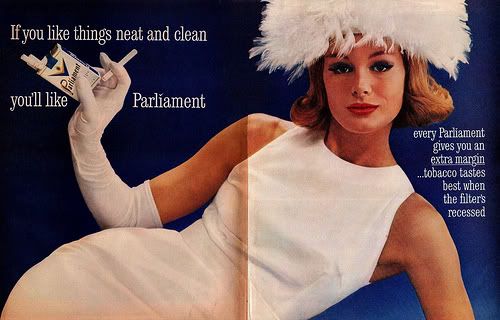

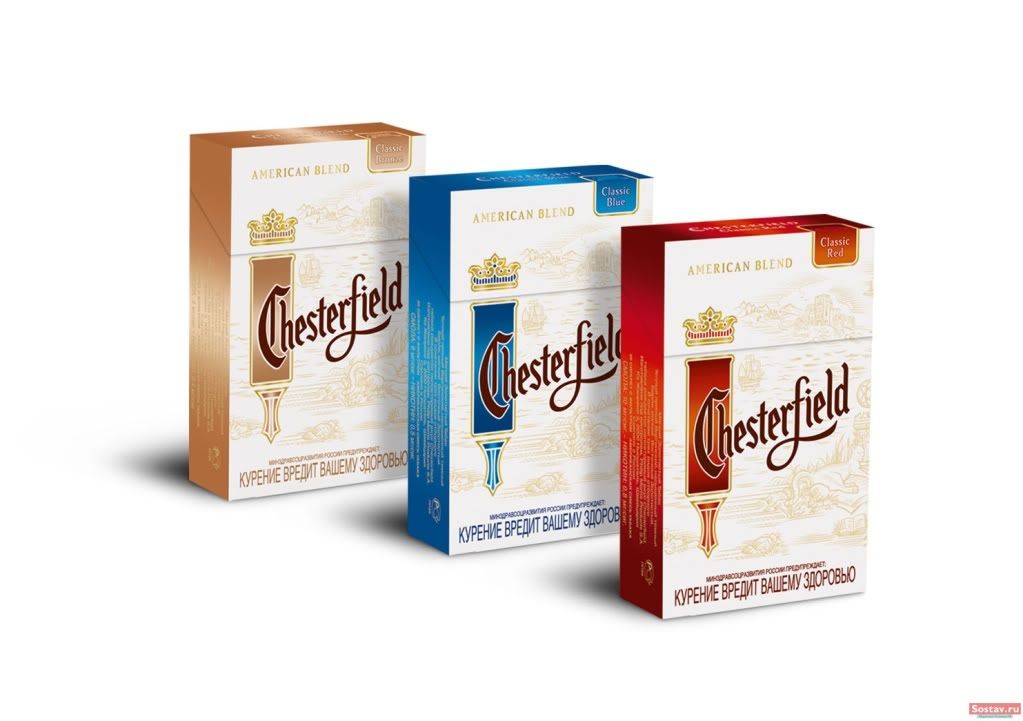

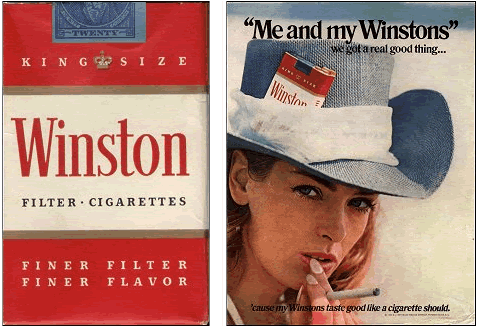

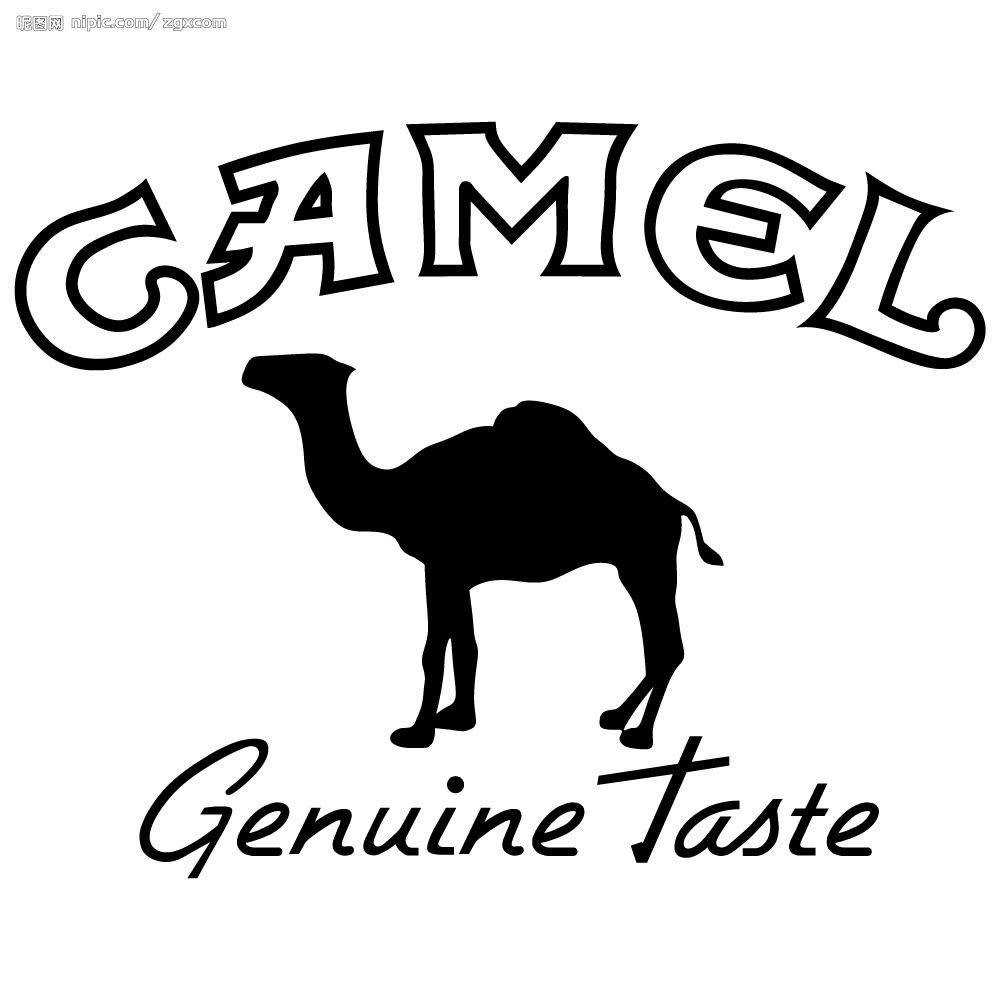
 5:49 AM
5:49 AM
 Alexis
Alexis


 Posted in:
Posted in: 